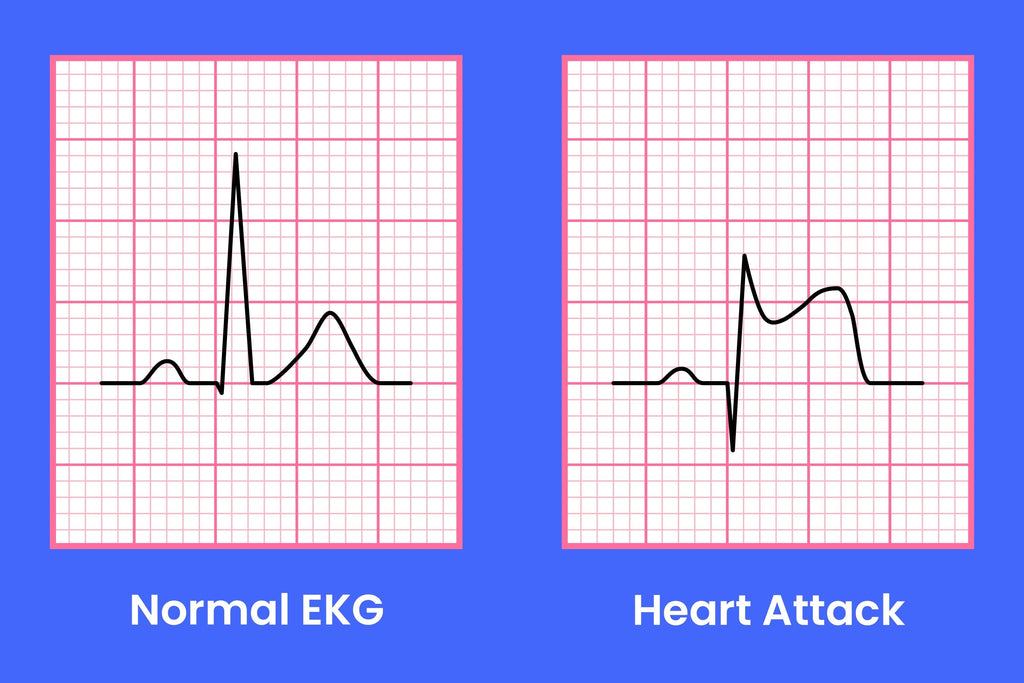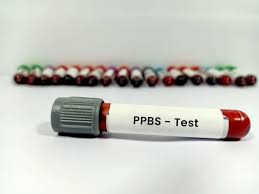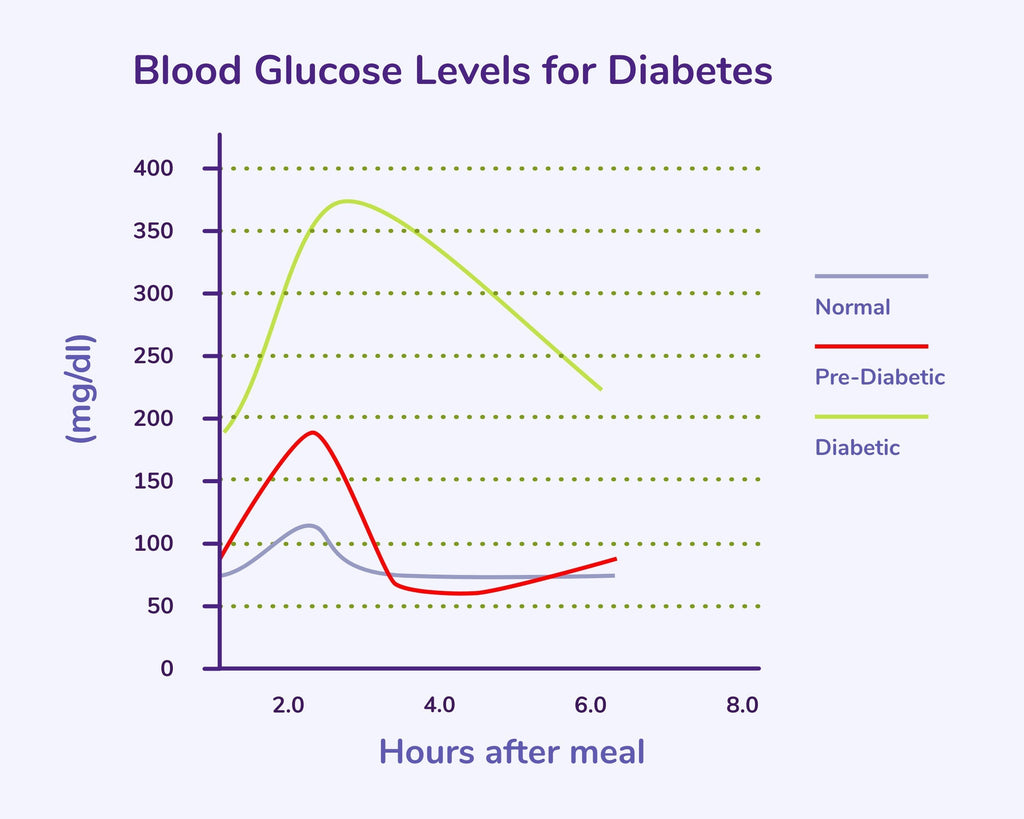
Can an ECG Test Predict a Heart Attack? Understanding the Limitations
Heart disease is one of the major issues in this world, and understanding tools to assess heart health can be very crucial. The most common tool doctors use to analyze electrical activity is an electrocardiogram, ECG, or EKG. Many want to know how things work in ECG tests and heart attack prediction. But many don’t know when to get a CRP test!

While an ECG is very good at detecting problems with the heart's electrical signals, it is not very good at predicting heart attacks before they happen. The main goal here is to determine whether the patient had a heart attack or not. So, this test checks the heart's electrical activity through its scans. Let’s understand it better!
Understanding ECG and Heart Attack
What is an ECG?
Electrocardiograms (ECGs)usually record the electrical activity of the human heart. The rhythmic electrical impulses of the heart control its contraction and relaxation, which circulate blood throughout your body. Simple and non-invasive ECGs are performed by connecting electrodes to the skin. These electrodes detect the electrical activity of the heart and represent it on a graph, where each wave represents different phases of the heartbeat.

An ECG is used to diagnose and monitor many heart conditions (including arrhythmias, or abnormal heart rhythms) signs of past heart damage and other conditions that influence the heart's electrical activity. It mainly uses the electrical activity of the heart to get accurate results. However, although ECGs help diagnose current heart problems, they do not predict a future heart attack.
How ECGs Detect Heart Problems?
Electrical signals from the heart are a simple concept of how an ECG functions. Doctors can view anomalies that may be a sign of heart problems by interpreting signals from the electrical activity of the heart. An electrocardiogram can also identify irregularities in the heart's rhythm, size and position of heart chambers, and damage to the heart muscle.
If you have had a history of heart attacks, then the ECG can identify some permanent changes in the body of the heart. For example, it can indicate whether the blood flow to your heart is blocked, damage that has occurred to your heart muscle in the past, or abnormal heartbeats. However, it is vital to note that an ECG test cannot always foretell a future heart attack that might occur.
Can electrocardiograms forecast a heart attack?
Role of Electrocardiogram in Diagnosing Heart Attack
Though an ECG does not directly declare an imminent heart attack, it is used during an ongoing attack. Observation of ST elevation or depression and T wave changes indicates a heart attack. This points to possible ischemia due to blood supply blockade to the myocardium, causing injury if treatment is delayed.

An ECG is often one of the first tests a physician orders for chest pain, a hallmark symptom of an impending heart attack. An ECG obtained in a timely fashion during an acute heart attack can display these characteristic changes and ensure immediate intervention to restore normal blood flow.
Additionally, a reactive protein CRP test can help in assessing inflammation levels. Elevated C reactive protein CRP levels may indicate an increased risk of heart attack.
Limitations in Predicting Future Heart Attacks
Whenever a person gets admitted to the hospital with chest pain, an ECG is ordered. It is accurate but it can’t predict if the patient can get another attack shortly. For example, if you happen to be asymptomatic for your heart disease, a seemingly normal ECG made of you might depict an underlying heart disease to be present.
One such silent heart attack is when an ECG might not reveal any sign of damage. Silent heart attacks are those that do not show typical warning symptoms and hence cannot be diagnosed by ECG alone. Furthermore, since heart disease usually takes time to develop, the test does not indicate the early changes in the arteries that might eventually cause a heart attack.
Factors Affecting ECG Readings
Differences between individuals in heart diseases
Intrinsic heart diseases can vary in the effects on ECG readings and c reactive protein CRP levels. For instance, a history of heart disease, such as having had a heart attack, may result in a change in your ECG that might suggest you are developing a new heart disease. Structural abnormalities, such as an enlarged heart or abnormalities in heart valves, can distort ECG readings. These differences mean that an ECG should often be interpreted with your complete medical background and other tests to provide a whole view of heart health.
Timing of the Test
The timing of an ECG test is highly influential in determining the effectiveness of the test. In case an ECG is taken when symptoms are not apparent, it may fail to capture transient heart problems, for example, irregularities that only occur during physical stress. For instance, some heart issues only show their symptoms during exercise or when one is under stress. This is why sometimes other monitoring methods, such as stress tests, are recommended to supplement an ECG for a more accurate diagnosis.
Other Factors That Affect the Readings
A host of external factors, such as stress, medication, and imbalances of electrolytes, have the potential to affect the outcomes reported from an ECG test. For example, heightened tension can elevate the heartbeat temporarily and modify the heart's electrical signals. Drugs can also alter ECG, especially drugs that are anti-hypertensive, as well as any agent or drug that was known previously to interfere with potassium, calcium, or magnesium levels in the bloodstream. These minerals directly contribute to the electrical function of your heart and may exhibit abnormal ECG, especially when a clinical diagnosis is being carried out.
Complementary Diagnostic Tools
Comprehensive Evaluation Importance
Other diagnostic methods, in association with the ECG, are assessed to further evaluate the heart's health and the potential of a heart attack. An echocardiogram will provide detailed images of the heart structure, and a stress test will tell how the heart behaves during physical exercise. Measurements of blood, such as cardiac enzymes, can detect damage to the heart muscle. All these tools provide a comprehensive view of the health of the heart, which would not be possible with an ECG alone.
Risk Factors Evaluation
A heart attack is normally triggered by other risk factors that include family history, lifestyle, and other health conditions. A heart attack mostly comes with other risk factors, for instance, high cholesterol, smoking, high blood pressure, and obesity. Physical tests along with evaluation of family history and lifestyle would need to be taken seriously for accurate prediction as well as management of risk towards a heart attack.
Preventive Heart Care
Although an ECG is a treasure trove of a diagnostic tool, preventive heart care cannot be covered by any one test. Most at risk of a heart attack will need lifestyle changes. Regular exercise, a balanced diet, and managing one's stress levels will significantly reduce the risks of heart disease.
Monitoring and checking cholesterol levels, blood pressure, and blood sugar also give valuable insights into heart health. Regular follow-up visits and screening tests, such as late-stage imaging or blood tests to detect inflammatory markers, may be able to catch early warning signs that an ECG might otherwise miss.

Recently, innovations in wearable devices and continuous monitors have enabled the tracking of real-time heart health. There are times when the body informs the person that the rhythm is abnormal in some instances, which the doctor cannot detect in an office. A proactive approach involving both lifestyle management and periodic diagnostic checks and follow-ups through healthcare providers helps maintain proper heart health, hence reducing the chances of any unprovoked cardiac events.
Conclusion
An ECG is crucial during a heart attack but not for predicting one. It captures the heart's electrical activity at a moment in time. It's good for identifying acute heart problems but not for forecasting them. Everyone should have regular cardiology check-ups, including diagnostics and lifestyle counselling. Maintaining heart health requires proactive management.

Regular check-ups, lifestyle adjustments, and a comprehensive approach are the best strategies against a heart attack. A C-reactive protein test is also important. It measures your CRP levels to assess inflammation. Elevated levels from CRP test measures can indicate a higher risk of heart attack. Consult your doctor if you're at risk or have had a heart attack to determine the best measures for your needs.
FAQs
Can ECG detect future heart attacks?
No, ECGs detect current electrical abnormalities in the heart and cannot predict future heart attacks.
Am I still at risk of a heart attack if my electrocardiogram comes back normal?
Yes, a normal ECG cannot always rule out the possibility of a heart attack, especially if underlying risk factors are present.
Can ECG predict heart failure?
An ECG can identify certain conditions that may result in heart failure but cannot predict heart failure.
How sensitive is the ECG for a heart attack?
ECG is highly sensitive to detecting an ongoing heart attack but not so sensitive to warning about future occurrences.
* Medical Disclaimer: The following information is for educational purposes only. No information provided on this website, including text, graphics, and images, is intended as a substitute for professional medical advice. Please consult with your doctor about specific medical advice about your condition(s).






